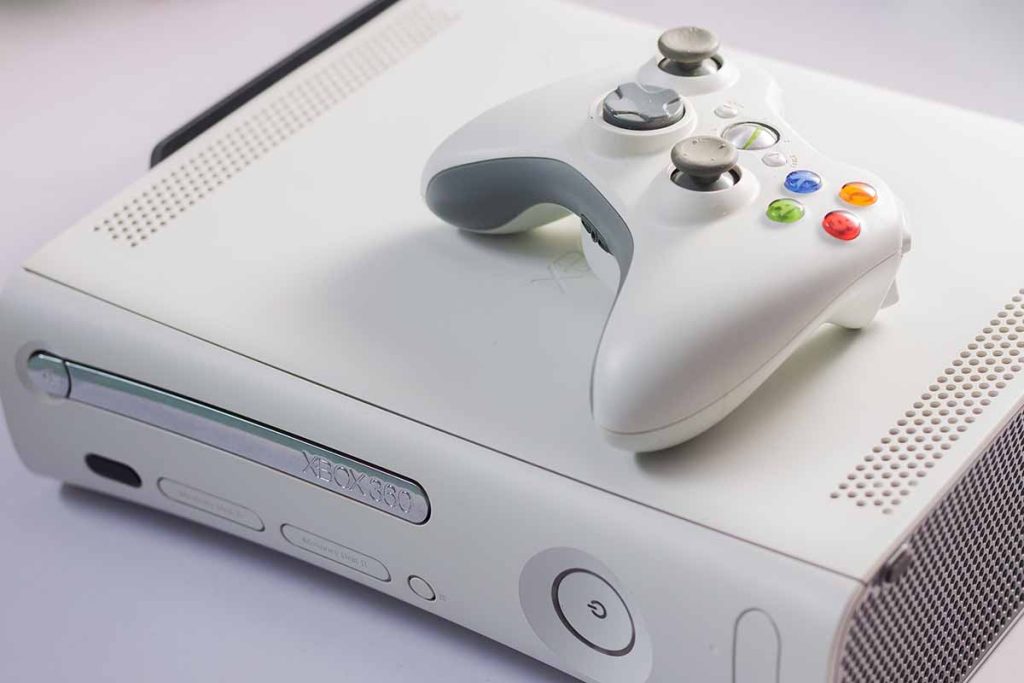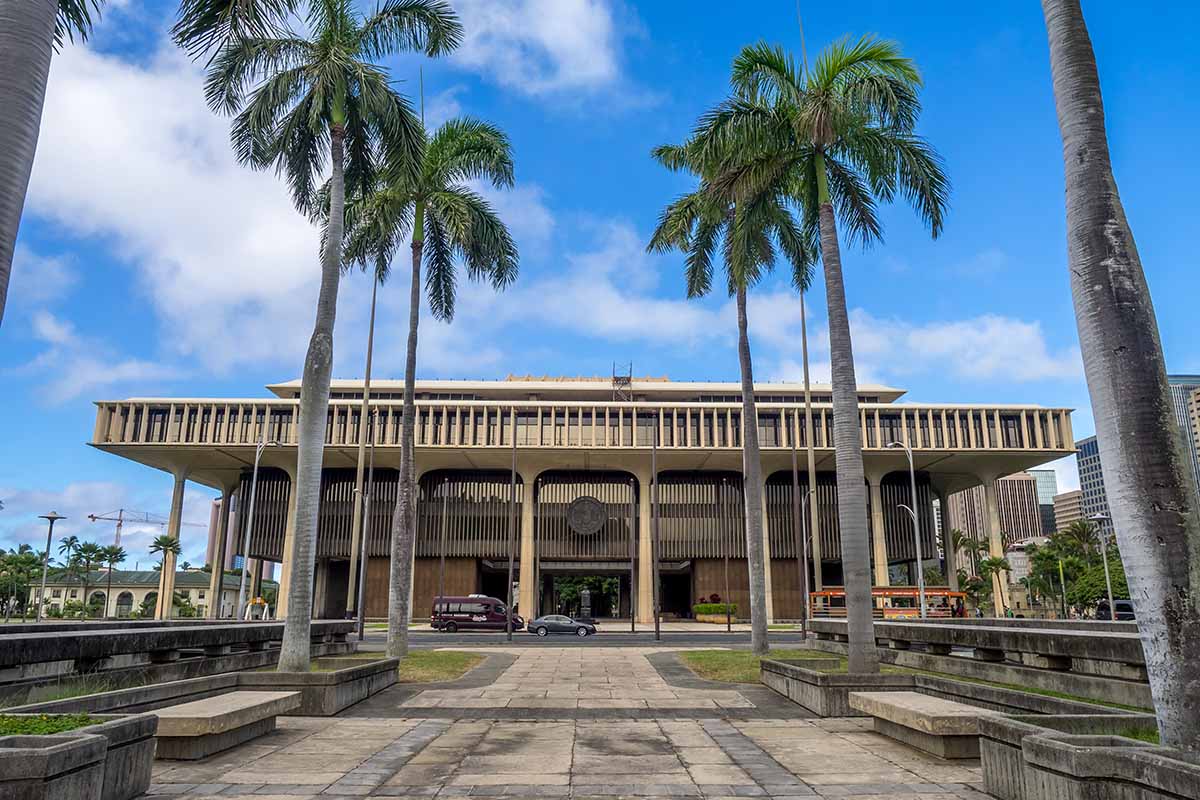
Oregon E-Cycles regulators are proposing to add video game consoles and a host of other electronic device types to the state’s extended producer responsibility program. | emodpk/Shutterstock
Oregon regulators are exploring some significant updates to the state’s electronics recycling program, and they recently gave stakeholders a sneak peek at their ideas.









